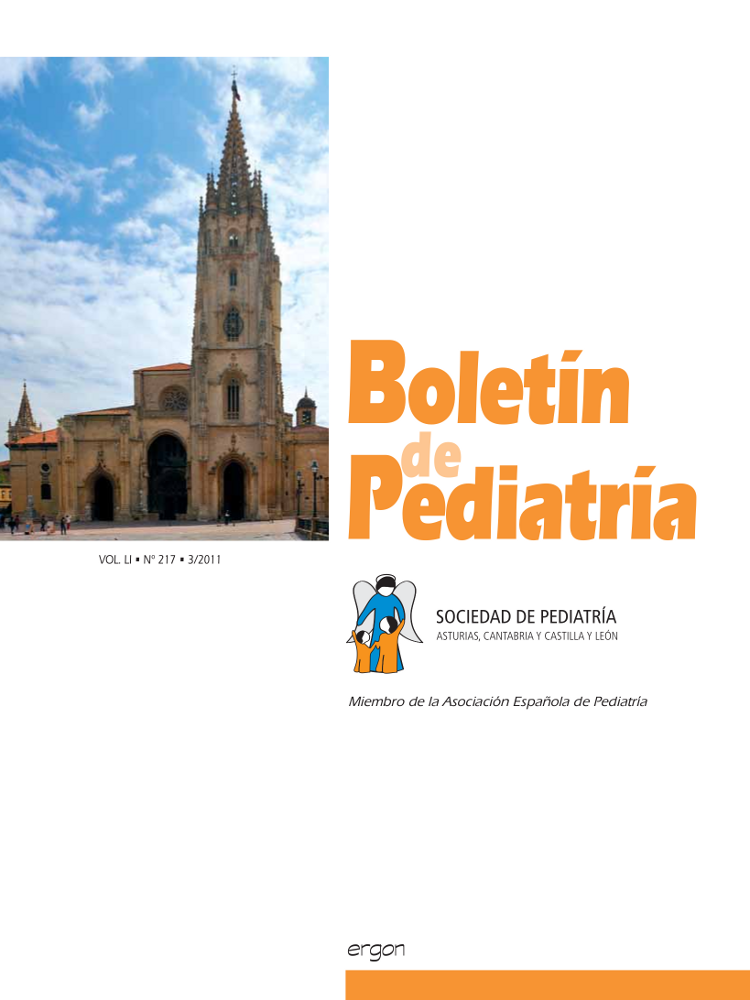Abstract
Objective. This paper presents a therapeutic approach for the treatment of voluntary stool retention. This approach combines occupational therapy based on sensory integration (Ayres Sensory Integration-ASI®) theory with a pharmacological treatment prescribed by a primary care paediatrician or paediatric gastroenterologist.
Methods. Children who have not responded adequately to conventional treatments are referred to the Happy Potty Program. Core treatment strategies include activities that provide large amounts of proprioceptive input, deep pressure input and/or vibration. Adaptations to the toilet arrangements are made taking into consideration the child’s sensory issues.
Results. A total of 12 children have participated in this program; 7 boys whose age ranged from 26 months to 42 months and 5 girls whose age ranged from 26 months to 15 years. Ten children (83,33%) have shown significant progress; 5 children (41,67 %) have completely resolved their stool retention problem and 5 children (41,67 %) maintain regular defecation but continue to need constant support fromtheir caregivers and adherence to a strict routine. Two of the children (16,67%) in the program continue to exhibit stool
regulation difficulties.
Conclusions. Preliminary clinical results are promising and encourage us to continue working in order to further refine evaluation and treatment methods for this population.

This work is licensed under a Creative Commons Attribution-NonCommercial 4.0 International License.
Copyright (c) 2011 Boletín de Pediatría
